
Pirates - Les Corsaires Barbaresques (2015)
Género : Documental, Historia
Tiempo de ejecución : 52M
Director : Robert Schotter
Sinopsis
En el siglo XVIII, la amenaza bárbara se agravó. En julio de 1785, dos barcos estadounidenses fueron devueltos a Argel; En el invierno de 1793, once barcos americanos con tripulaciones encadenadas estaban en manos del Dey de Argel. Para asegurar la libertad de movimiento de su flota mercante, Estados Unidos se vio obligado a firmar tratados con los principales estados bárbaros ya pagar sumas considerables en garantías de no ataques. Con Marruecos, tratado de 1786, 30.000 dólares; Trípoli, 4 de noviembre de 1796, $56.000; Túnez, agosto de 1797, $107.000. Pero el más costoso y humillante fue el Dey de Argel del 5 de septiembre de 1795, un "tratado de paz y amistad" que costó casi un millón de dólares (incluido un rescate de 525.000 dólares por los esclavos estadounidenses liberados) e implicó la obligación de pagar 20.000 dólares por la llegada de cada nuevo cónsul y 17.000 dólares en obsequios anuales a altos funcionarios argelinos...
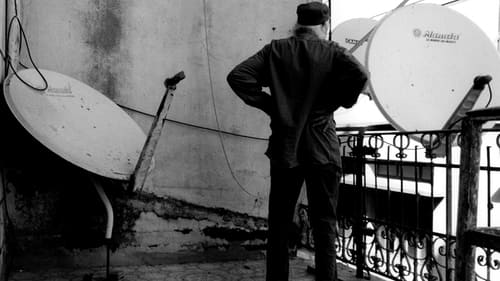
A documentary road movie with René Vautier
In the aftermath of Algeria's independence, René Vautier, a militant filmmaker, considered "the dad" of Algerian cinema, set up the cine-pops. We recreate with him the device of itinerant projections and we travel the country in ciné-bus (Algiers, Béjaïa, Tizi Ouzou, Tébessa) to hear the voices of the spectators on the political situation, youth and living conditions of men and Of women today.

At a dangerous time in Algeria, 'Douar de Femmes' is a story of ordinary women who manage to defend themselves in extraordinary situations. The film focuses on a small village that has been attacked more often by terrorists from the surrounding mountains. While the men work, the women learn how to handle machine guns and explore the area. “Fear has armed us,” says the young woman Sabrina. But despite that fear, people get married, children come and keep watch.
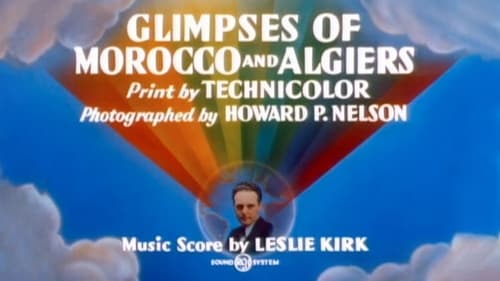
This FitzPatrick Traveltalk short visits the cities of Casablanca, Rabat, and Marrakesh in Morocco, as well as the city of Algiers in Algeria.
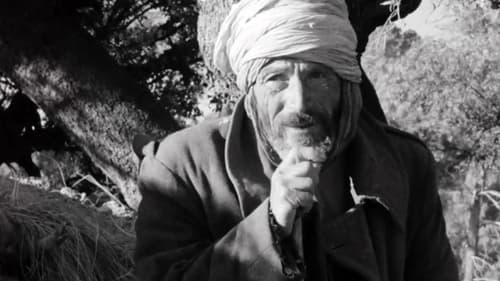
Documentary on the beginnings of Algerian independence filmed during the summer of 1962 in Algiers. The film was banned in France and Algeria but won the Grand Prize at the Leipzig International Film Festival in 1965. Out of friendship, the production company Images de France sent an operator, Bruno Muel, who later declared: "For those who were called to Algeria (for me, 1956-58), participating in a film on independence was a victory over horror, lies and absurdity. It was also the beginning of my commitment to the cinema."

Two deaf and dumb children. She is the daughter of an American Oil engineer. He is the son of an Algerian farmer. They meet and manage to communicate, transcending all the cultural barriers that separate them.
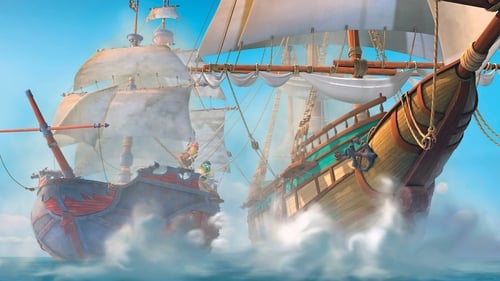
Elliot, George y Sedgewick se ven involucrados en el viaje de sus vidas cuando son misteriosamente transportados a la época en la que los piratas controlaban los mares. Mientras ayudan a una valiente princesa a rescatar a su hermano de las manos de un villano pirata, luchan contra los malvados bolitas de queso y contra sus propios miedos para convertirse en los héroes más inusuales que hayas visto nunca.

These are the first images shot in the ALN maquis, camera in hand, at the end of 1956 and in 1957. These war images taken in the Aurès-Nementchas are intended to be the basis of a dialogue between French and Algerians for peace in Algeria, by demonstrating the existence of an armed organization close to the people. Three versions of Algeria in Flames are produced: French, German and Arabic. From the end of the editing, the film circulates without any cuts throughout the world, except in France where the first screening takes place in the occupied Sorbonne in 1968. Certain images of the film have circulated and are found in films, in particular Algerian films. Because of the excitement caused by this film, he was forced to go into hiding for 25 months. After the declaration of independence, he founded the first Algerian Audiovisual Center.

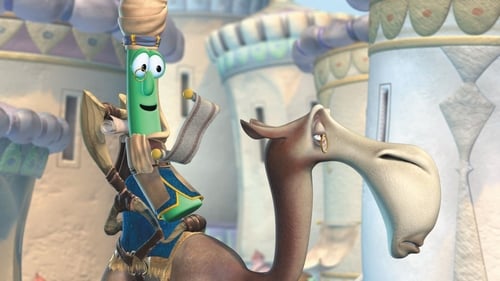
Cuando los Veggies cantantes encuentran algunos problemas con el automóvil, están varados en un antiguo y deteriorado restaurante de mariscos donde nada es lo que parece. Mientras Bob the Tomato y los niños se acomodan para esperar a que una grúa ayude a que su camioneta vuelva a la carretera, los "Piratas que no hacen nada" comparten una pequeña historia sobre un tipo llamado Jonah. Jonás era como un cartero, excepto que sus mensajes provenían directamente de Dios. Jonás ama su trabajo, hasta que llegue el día en que tenga que entregar un mensaje a la gente de Nínive. En lugar de llevar a cabo su misión, Jonah se da vuelta y zarpa en la dirección opuesta a bordo de un barco pirata. Pronto Jonah se embarca en una aventura que lo lleva al vientre de una ballena y al corazón de Nínive para un enfrentamiento hilarante.

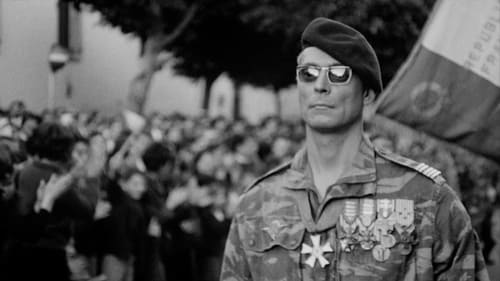
Relato sobre los orígenes, el desarrollo y el fin del enfrentamiento entre el Frente de Liberación Nacional (FLN) de Argelia y las autoridades coloniales francesas. El protagonista, Ali La Pointe, es uno de los más destacados activistas de la Casbah de Árgel.

Directed by Abdelaziz Tolbi.
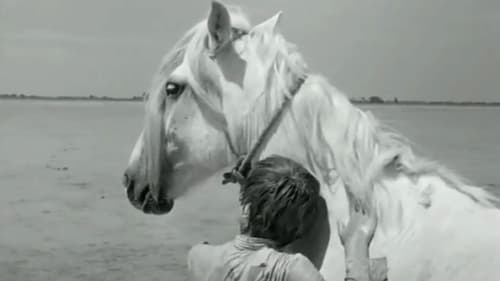
Un muchacho llamado Folco encuentra por casualidad un caballo blanco salvaje en el Camargue, en el sur de Francia. Los rancheros intentan capturar el caballo, pero éste se escapa. El niño, sin embargo, intenta recuperarlo... Albert Lamorisse, que tres años depués realizaría el mediometraje de culto "El globo rojo" (Le ballon rouge, 1956), dirige esta aclamada historia sobre la infancia y la libertad premiada en Cannes con el Gran Premio del Jurado al mejor cortometraje.
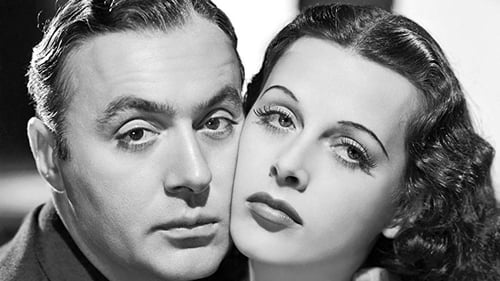
Después de un importante robo de joyas, Pepe le Moko, un hábil ladrón francés, se oculta en las callejuelas de la kashbah argelina huyendo de la policía. El policía Slimane espera pacientemente el momento en el que Pepe caiga en la tentación de abandonar su refugio para poder arrestarlo. Mientras tanto, el tiempo pasa y en el distrito argelino Pepe se enamora de una bella y turbadora joven.

Fayçal Hammoum recounts the 2014 presidential election through non-voting inhabitants of Algiers who, like him, are in their thirties. Be it Bilel, a grocer by default exposed to his customers’ political babbling, or the more politically-charged comments of Younes, a militant FM radio journalist opposed to President Bouteflika’s fourth term, the variety of conversational scenes in no way changes the determination not to vote for an old man who has been invisible for almost two years. The rappers Omar and Brahim are as bereft of hope and voter’s cards as the Tellek webradio DJ, since “the match is fixed”. Moving away from his focus on this subject to film their daily life, the filmmaker draws the portrait of a generation who, as Bilal says with poignant simplicity, “just wants to live
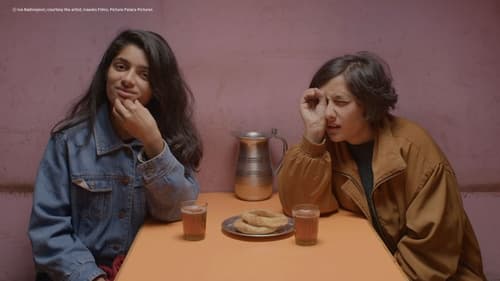
Structured as a labyrinth-like game and inspired by Jorge Luis Borges, Aleph is a travelogue of experience, a dreamer's journey through the lives, experiences, stories and musings of protagonists spanning ten countries and five continents.
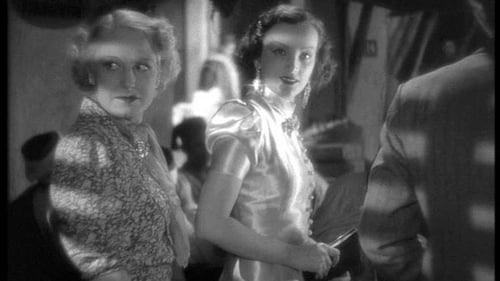
Pépé le Moko, uno de los delincuentes más buscados de Francia, se esconde en el barrio de la Casbah de Argel. Sabe que la policía le esperará si intenta salir de la ciudad. Cuando Pépé conoce a Gaby, una hermosa mujer de París que se ha perdido en la Casbah, se enamora de ella.
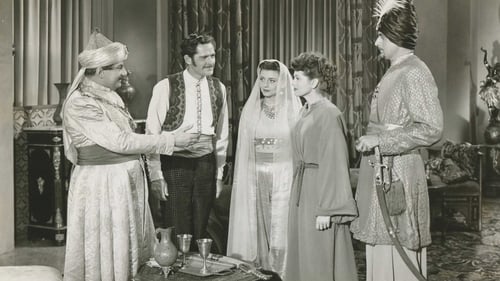
U.S. agent Major Tom Blake is sent to Tripoli to uncover who it is in Washington that is tipping off the pirates as to what's being shipped where. A fast-moving story with lots of sabers and rapiers.



















